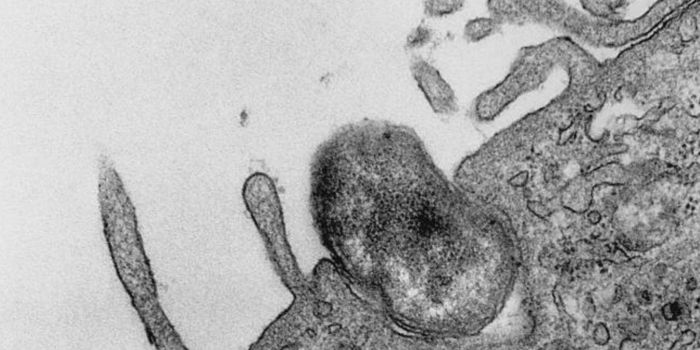More than just striking out on a kiss, bad oral hygiene may be linked to something far more insidious: head and neck cancer.
In a study recently released by the Johns Hopkins University, researchers found that presence of certain bacteria in a person’s
oral microbiome is associated with head and neck cancer. Though the findings are not cause-and-effect, the team identified some key bacteria species that they hope will enable diagnosis of cancer in the future.

The human body is inhabited by trillions of bacteria. Specialized collections of these bacteria make up microbiomes in the human body. Mostly famous for their existence in the human gut, these communities of microorganisms have been known to influence health processes like digestion and immune responses. In the recent years, scientists have uncovered more roles for these microorganisms, tying their presence to risks for conditions like pancreatic cancer and even male sterility.
Given this prior knowledge and the fact that the mouth contains an inordinate amount of bacteria, it makes sense that bacteria in our mouths can influence cancer of this region. To test this idea, the researchers sampled mouth bacteria from patients who were diagnosed with head and neck squamous cell carcinoma, and compared it to the samples obtained from healthy individuals.
They found people with cancer had different bacteria collections than people without cancer. In particular, cancerous samples had more of
Streptococcus, Dialister and Veillonella, but less of
Neisseria, Aggregatibacter, Haemophilus, and
Leptotrichia, as compared to cancer-free samples.
"We see some specific bacterial populations that are increased or lost in the presence of cancer when compared to healthy controls," said Rafael Guerrero-Preston, assistant professor of otolaryngology-head and neck surgery at the Johns Hopkins University School of Medicine and a member of its Kimmel Cancer Center.
But the team is also quick to note that the study establishes a link, not a cause-and-effect. Specifically, from the results of this study, we can’t conclude whether the presence or absence of certain bacteria caused the cancer, or whether the cancer lead to the changes in the oral bacterial composition of the patients. Of course further follow up studies are needed to confirm and establish true causes.
"One of the goals of our research is to better understand how the microbiome may influence the immune response to cancer and how the immune response affects the microbiome in turn. Our findings suggest that we may one day use the composition of the microbiome to test for disease," said Guerrero-Preston. Indeed he and his team hope to use further studies to delineate whether certain bacteria can be diagnostic of head and neck cancer. Furthermore, such results could inform more targeted prevention and treatment in the future.
Additional source:
Johns Hopkins University









